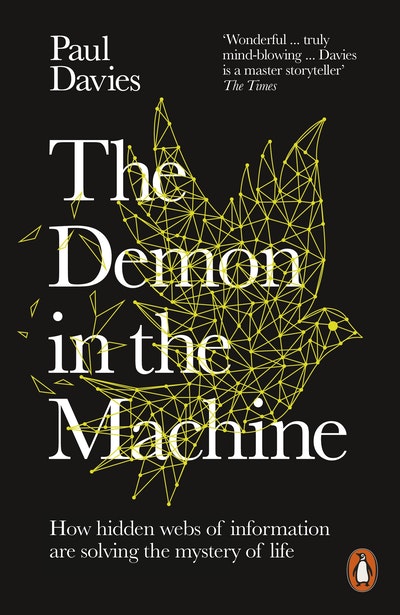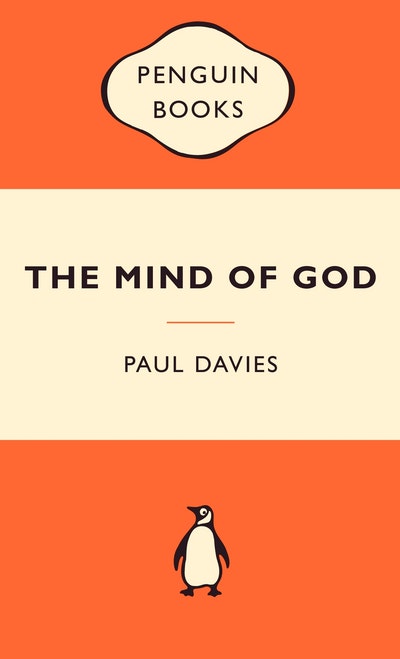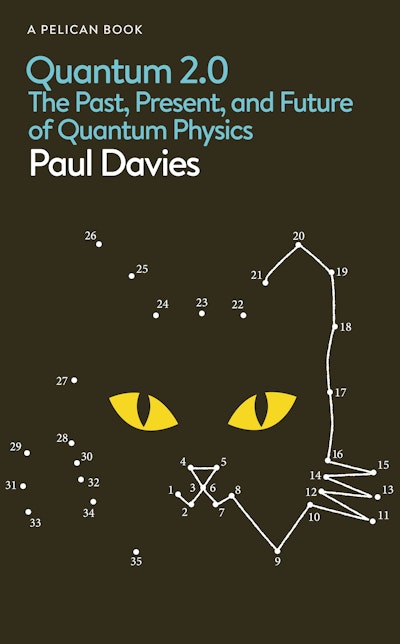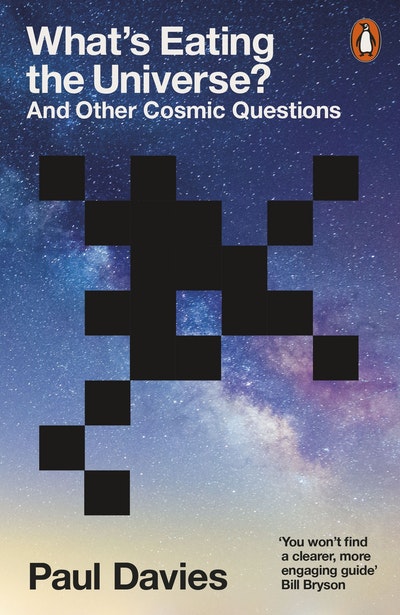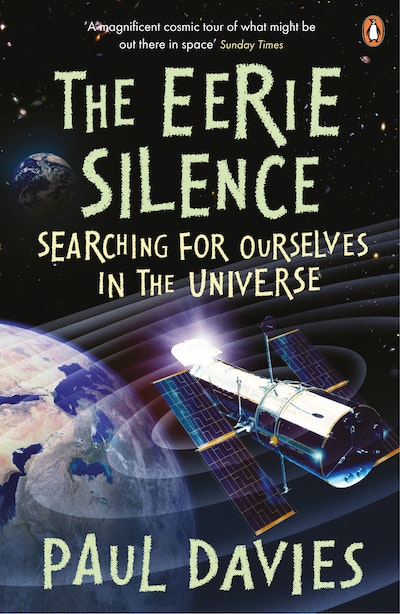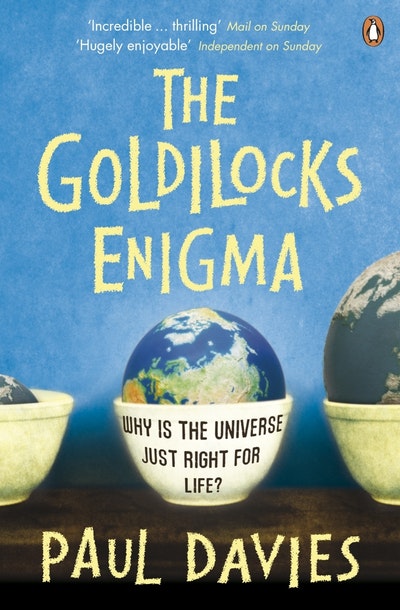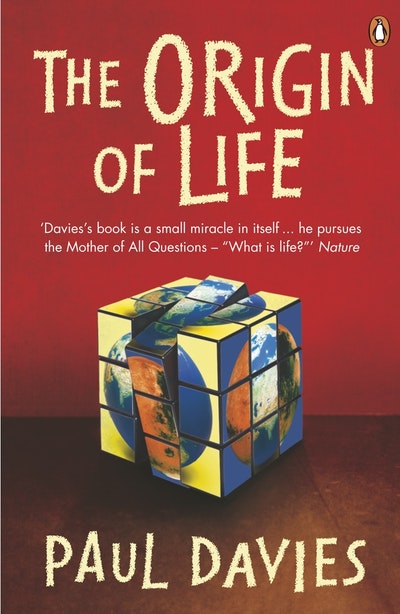The Demon in the Machine
How Hidden Webs of Information Are Finally Solving the Mystery of Life
- Published: 31 January 2019
- ISBN: 9780241309605
- Imprint: Penguin eBooks
- Format: EBook
- Pages: 320
Paul Davies is a courageous explorer of the boundaries of what we can know about our world. This book makes his explorations available to all who enjoy pushing those boundaries. Written with a light entertaining touch, even the most abstruse science acquires the clarity of exposition for which the author is justly renowned
Denis Noble, University of Oxford, author of Dance to the Tune of Life: Biological Relativity
The molecular biology revolution has led to extraordinary understandings of how life emerges from physical processes. But comprehension of the nuts and bolts of these processes omits a key feature of what is going on: what separates life from non-life is information. In this characteristically clearly written and engaging book, ranging from physics to biology and evolutionary theory to neuroscience, Paul Davies strongly makes the case that at its core, life is about information flows. There is much food for thought here. Highly recommended.
George F.R. Ellis, University of Cape Town, co-author of The Large Scale Structure of Space-Time
Paul Davies always probes the deepest questions in science. Here, addressing the deepest of all -- Schrödinger's What is Life? -- he tells us what life is: matter plus information - beyond the laws of physics, but compatible with them. To elaborate this thesis, he deploys his trademark talent: getting to the heart of the most abstruse and technical aspects of science (biology as well as physics), without jargon and with down-to-earth analogies
Michael Berry, HH Wills Physics Laboratory
This creative demon shadows DNA and the promise of quantum computing, answering some basic questions. What is consciousness, why is life so good at predicting where it might go next? The bridge connecting fundamental physics, biology and the most advanced labs of computation is what Davies calls information patterns. He shows how it organizes for top-down creativity, and thereby holds off the grim reaper of entropy. With striking insight, and metaphors that illuminate the landscape of science today, Davies once again becomes a guide to the near future.
Charles Jencks, The Garden of Cosmic Speculation
The Demon in the Machine encompasses some of the most intriguing and unsolved mysteries of the universe: the existence of an arrow of time imprinted on the cosmos, and the emergence of life itself. Davies' crisp but rich narrative succeeds in untangling various highly complex ideas and processes, while fluently and intelligently setting out its own arrow of argument.
Mikhail Prokopenko, The University of Sydney
This is one of the most exciting books I have read in years. Paul Davies celebrates a significant anniversary with a demonically brilliant investigation of a fundamental question that only the very latest science and philosophy can deal with. Now we have a view from the master that's as thrilling as it is satisfying. Superb.
Robyn Williams
Paul Davies narrates a gripping new drama in science, in which the plot is the story of life and the leading actor is information. With his characteristic blend of erudition and clarity, he brings together some of the most rapidly advancing knowledge in physics and technology to show how information controls biology. If you want to understand how the concept of life is changing, read this.
Professor Andrew Briggs, University of Oxford, author of The Penultimate Curiosity and It Keeps Me Seeking.
A tour-de-force of a fascinating and frontier topic: information as a distinguishing, central aspect of those physical systems known as living ones. The Demon in the Machine is simultaneously rigorous, state-of-the-art, and highly readable - very hard to put down
Michael Levin, Allen Discovery Center at Tufts University
Paul Davies takes us on a fascinating tour of what is known about what life is. Along the way he speculates interestingly about what may become known. His theme, drawn from Darwin, Schrödinger, Turing, Gödel, Shannon and von Neumann, is that what separates life from non-life is information. But how? Exploring that question illuminates biology by revealing its deep roots in physics, mathematics and computer science.
David Deutsch
Brilliantly vivid ... The big idea is that understanding the information flow in organisms might be the missing part of our scientific jigsaw puzzle. The informational approach [to life], in David's elegant and lucid exposition, is highly promising
Steven Poole, Guardian
Important and imaginative
Clive Cookson, Financial Times
Boundary-transcending ... Davies claims that life's defining characteristics are better understood in terms of information ... there is grandeur in this view of life
Nature
What is life? Questions don't come much bigger than that. It's asked regularly by biologists, philosophers, lawyers, law-makers, astrobiologists and, occasionally, wide-eyed children. It's not so often asked by physicists, which makes Paul Davies' new book, The Demon In The Machine, that much more fascinating.
Sydney Morning Herald
a vivid exposition of the new mathematics of biology, in which information flows play a central part
The Telegraph, best new science books to buy for Christmas 2019
Davies - one of the most imaginative scientists working today - urges biologists studying the origins and evolution of life to pay more attention to flows of information and energy on top of traditional chemistry and physics. He is a clear guide to the emergence of information science as a key factor in biology research.
The Financial Times, Best books of 2019: Science
